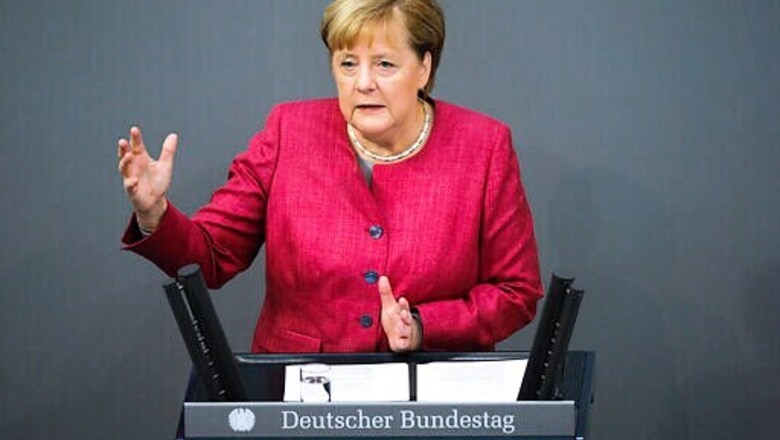
views
BERLIN: Germany marked the 30th anniversary of its reunification on Saturday, drawing a generally positive picture of the progress made in knitting together east and west. The country’s president declared that today’s is the best Germany there has ever been and proposed a new memorial to the peaceful revolutionaries who helped end communist rule.
Germany was reunited on Oct. 3, 1990, after four decades of Cold War division. East Germany joined the western federal republic less than a year after the easts communist rulers under pressure from growing protests opened the Berlin Wall and the rest of the highly fortified border between the two states on Nov. 9, 1989.
While much progress has been made since then, economic and other differences between the west and the less-prosperous east still persist. A long-lasting trend of more people leaving the east than moving there has finally halted in recent years. Pensions in the east are nearing the level of those in the west, though wages are lower. And Germany’s biggest companies are still headquartered in the west, while political polarization has been most noticeable over recent years in the east, where the far-right Alternative for Germany party is particularly strong.
The coronavirus pandemic meant that celebrations were relatively low-key as Chancellor Angela Merkel put it this week, “quieter than the occasion would actually deserve. President Frank-Walter Steinmeier led the main ceremony at a hall in Potsdam, just outside Berlin, with 230 guests about one-fifth of the audience originally planned.
Germany is rightly proud on the anniversary of reunification, “and no pandemic can get in the way of that, Steinmeier said. He summed up mixed feelings about the progress of the past three decades by saying that we are not nearly as far along as we should be, but at the same time we are much further along than we think.
Eastern cities such as Leipzig and Rostock are now economically stronger than parts of the western Ruhr industrial region, Steinmeier said, and there are more and more eastern success stories.
Steinmeier contrasted reunification in 1990, preceded by peaceful protests and sealed by international agreement, with the emergence of the unified German state nearly 150 years ago brutally forced, with iron and blood, after wars with our neighbors, based on Prussian dominance, on militarism and nationalism. He said Saturday’s anniversary is a reminder of the value of an international order which is so strongly contested today, unfortunately in western societies too.
We are living today in the best Germany there has ever been, the president said. Let’s thank all those who worked for it.
He advocated creating a memorial to the peaceful revolutionaries of East Germany whose efforts brought the communist dictatorship to an end. That would add to existing memorials at remnants of the Berlin Wall and former facilities run by the Stasi, East Germany’s secret police, and to an already-planned unity memorial in Berlin.
Germany could use a place that reminds us that East Germans took their fate in their own hands and liberated themselves,” Steinmeier said.
Disclaimer: This post has been auto-published from an agency feed without any modifications to the text and has not been reviewed by an editor













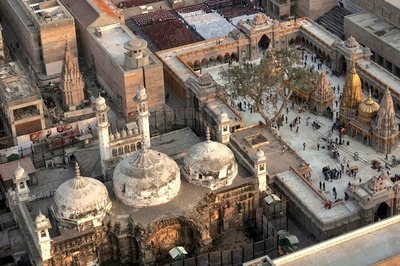
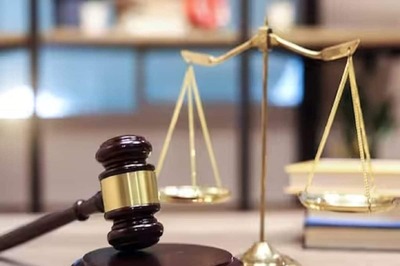

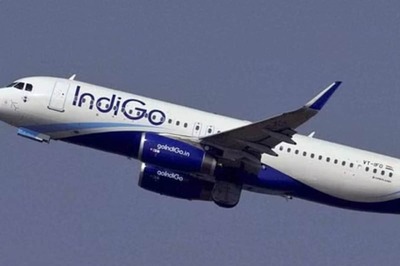


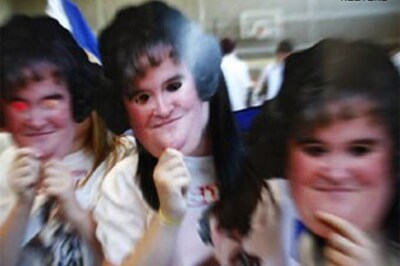
Comments
0 comment